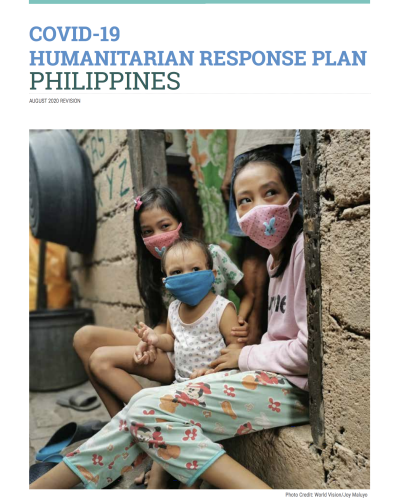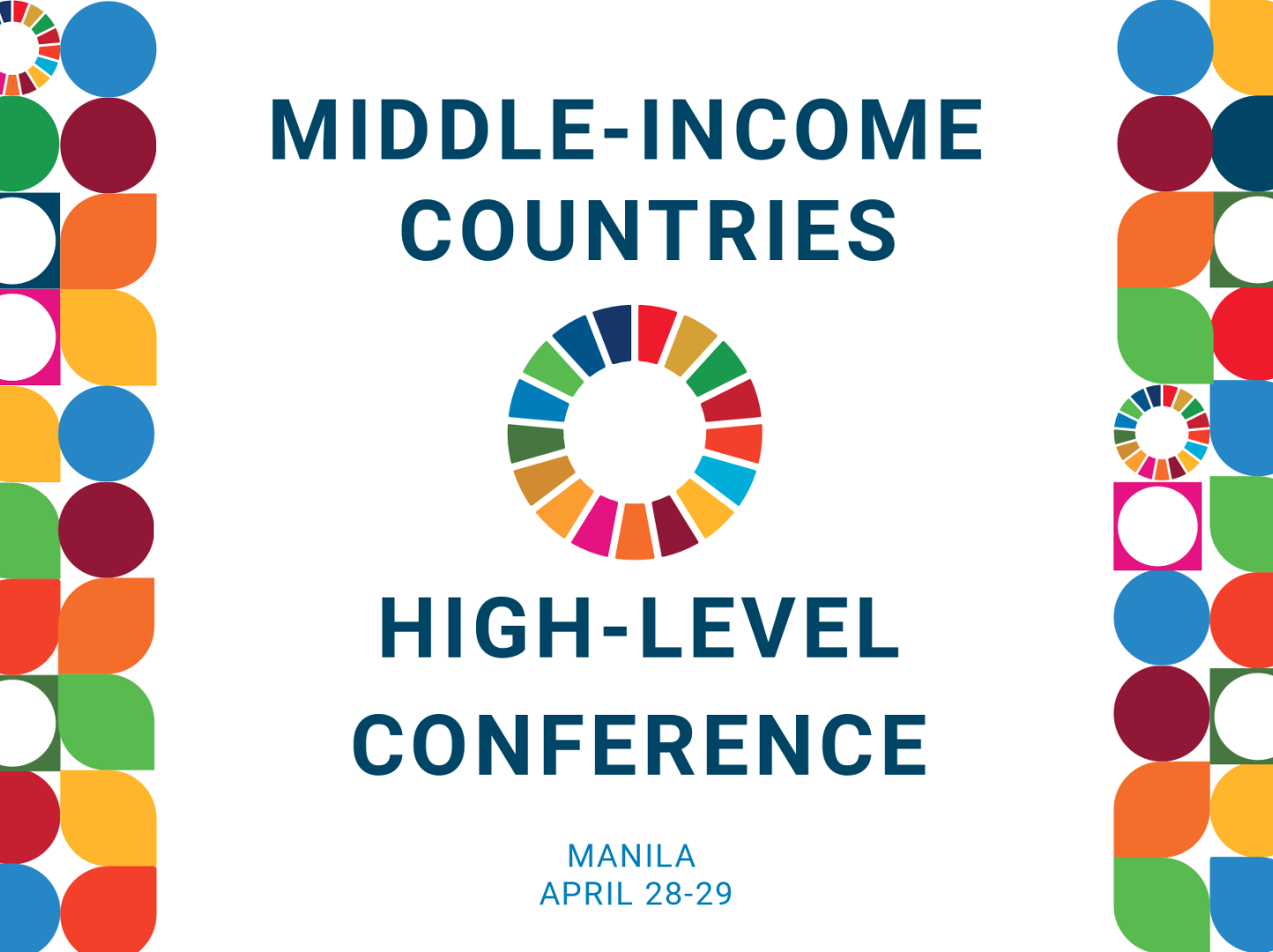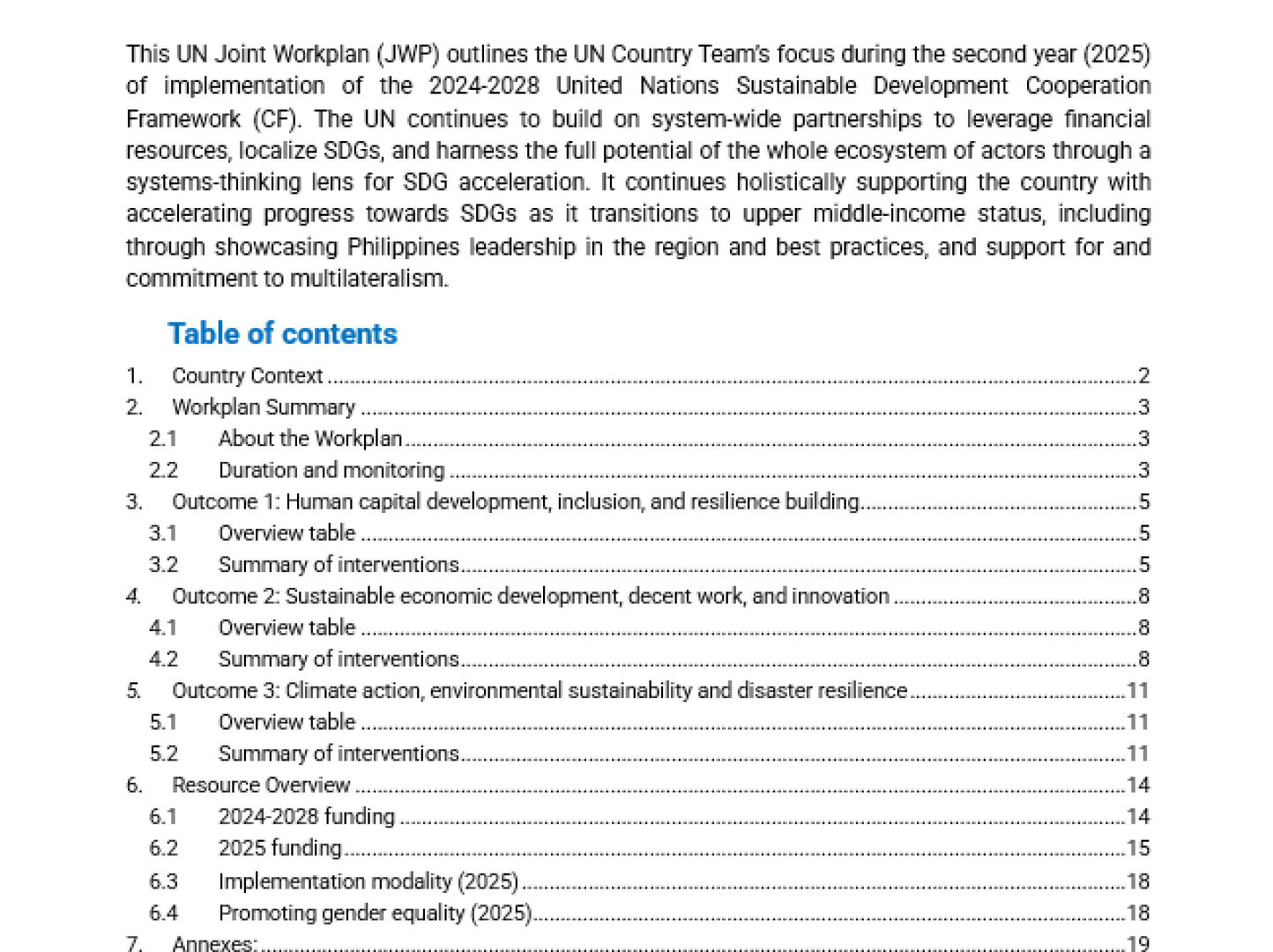COVID-19 Humanitarian Response Plan Philippines August 2020 Revision

FOREWORD
We have found ourselves in a global battle, with all of humanity facing a common enemy, the new coronavirus disease. By now, the pandemic has tragically taken hundreds of thousands of lives, infected millions of people and upended the global economy. The impact for us all is far-reaching, and the consequences will reverberate well into the future.
More than ever, the United Nations need to be responsive to the complex needs of countries and recognize that this moment demands a coordinated, decisive and innovative action from all parts of society. The UN in the Philippines and its humanitarian partners, mobilized early and comprehensively, supporting the government on the health response, while continuing and expanding the provision of lifesaving humanitarian assistance and putting in place instruments for rapid responses to the socio-economic impact.
The August revision of the Humanitarian Country Team (HCT) COVID-19 Response Plan is focused on providing critical health interventions and multi-sectoral humanitarian assistance to the 5.4 million poorest and most marginalized Filipinos living in epidemic hotspots, particularly those in poor, densely populated urban settings, and especially focusing on the safety and wellbeing of women and girls.
The evolving nature of this document reflects the manner in which the humanitarian community in the Philippines rapidly mobilized and came together in a coordinated and inclusive way to support the government-led efforts in response to the COVID-19 pandemic, as well as help address socioeconomic needs emerging from contraction of the economy and unprecedented levels of unemployment. The plan is also a stepping stone to the mid and long term support of the UN to the COVID-19 recovery, to be developed in the upcoming UN Socioeconomic and Peacebuilding Framework.
With financial requirements of $122 million, this is the largest international humanitarian response plan by the humanitarian community based in the Philippines since Typhoon Haiyan/Yolanda in 2013. The Philippines has also been included in the Global Humanitarian Response Plan, with a total of $10 billion, bringing together response plans of 63 most vulnerable countries.
The activities of almost 50 country-based UN and non-governmental partners contributing to the response, bring together national and international NGOs and their networks, faith-based organizations as well as the private sector. The response plan focuses on supporting the government in addressing the most immediate challenges relating to health, food security, water and sanitation, protection as well as risk communication, among others. The interventions are tailored to the context of a middle-income economy characterised by persistent inequality, marginalized communities and displacement driven by natural hazards and conflict.
As we work together to support government efforts to contain the virus against the demand to restore the economy, we must look to seize opportunities to build greater resiliency, equity and inclusivity, in short, to build forward better.
The HCT response plan to COVID-19 spans until the end of the year but recognizing the unique and evolving nature of this crisis, the document will continue to be periodically updated.
Gustavo Gonzalez UN Resident and Humanitarian Coordinator










